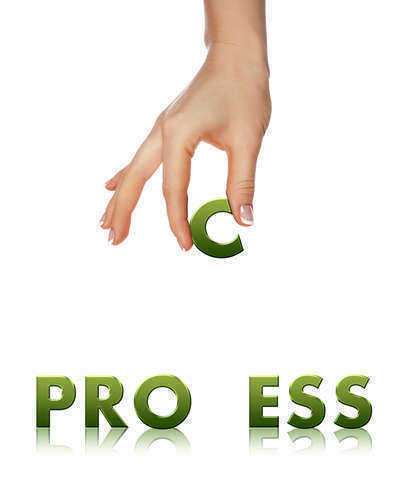Benefits of the Mediation Process
Benefits of the Mediation Process in Divorce: A Healthier and Cost-Effective Solution
Divorce can be one of the most challenging experiences, both emotionally and financially, that any individual can go through. Traditionally, most people have resorted to the court system to settle their differences in wedding and child custodial matters. However, a more effective and cost-efficient process of mediation has overtaken the scene in recent years. In this article, we will explore the benefits of the mediation process in divorce.
1. Mediation is less stressful than Court Divorce
Divorce litigation can be an emotionally draining process, resulting in high-stress levels for both parties. Mediation provides a collaborative atmosphere that allows both partners to work together with their mediator, who is a neutral third party, thus creating a more peaceful and less stressful environment for both spouses.
2. Mediation is Cost-Effective
Mediation sessions are much less costly compared to court divorce, which involves numerous legal fees. Mediators work hand in hand with the couples to reach an amicable agreement that meets their requirements without bringing in expensive legal personnel to represent them.
3. Mediation is Confidential
Mediation proceedings are confidential and private. Therefore, couples can agree on terms that suit them without involving third parties or public scrutiny. Court proceedings are made public and are recorded in detail in documents that are accessible by the public.

4. Mediation ensures an Equitable Outcome for Both Parties
Mediation aims to find a solution that is fair and equitable for both parties. It is crucial for this process that both parties are committed to finding a settlement that works for everyone involved. By negotiating terms with open communication in a non-judgmental atmosphere, it is more likely a solution can be reached that benefits the couple and their children.
5. Mediation Provides Control Over the outcome
Mediation gives both parties control over their divorce. This means that they get to make the decisions on how to handle their assets and child custody. It is not a judge who will decide but themselves, through this collaborative process. In contrast, court divorce may result in a ruling that may not be satisfactory to either of the parties.
6. Mediation is a Healthier Solution for Families
Children are often caught up in the middle of their parent’s divorce and can suffer from the uproar. Mediation is a solution that helps reduce tension and helps provide a healthier environment for families. This process also promotes good relationships, communication, and understanding between parents, which benefits children in the long run.
Conclusion
In conclusion, if you are going through a divorce, you may want to consider mediation as an effective alternative to the traditional court system. Mediation provides a cost-effective, confidential, and less stressful environment and aims at creating a solution that benefits both parties. It is an amicable approach for resolving concerns regarding assets and custody that enhances the communication process between spouses. Consider seeking the help of a licensed mediator to explore the possibility of achieving an amicable solution in a more peaceful environment.
Despite the best of intentions, there are some ex-spouses that cannot get along with each other.
If the parents can learn to set aside their differences for the sake of making the divorce transition as smooth as possible for the children, then it will benefit everyone involved.
Sometimes, a family court will order a mediator to try to help the parents agree on visitation guidelines.
For children, parent visitation time can keep a bond strong even though they no longer live with the non-custodial parent and the court considers that fact a priority.
Visitation guidelines can either be set up by the family court or set up by the parents. The visitation guidelines regarding parent visitation are then approved through the court.
Mediators try to help the families with any conflict resolution that may surround a parent visitation schedule. If a couple refuses to cooperate with each other, they may be ordered to attend family counseling for the sake of the children.
Legally, the family court does have a right to refer a family to a mediator and a family counseling service. If a parent does not follow the order, they are in contempt of court and can be prosecuted.
The Family Law Act actually made it possible for mediators and counselors to help set visitation guidelines. Services are sometimes offered at no cost unless a parent wishes to bring in an outside mediator that does not work for the family court.
As the parent visitation scheduling court case is handled, the mediator has the job of working with both the courts and family at the same time. Legally, any communication that a family has with a mediator is not confidential.
Conversations that a mediator and parents have about parent visitation times or visitation guidelines will be reported to the family court. These conversations can be submitted as evidence in the case. While a family counselor is bound legally not to repeat conversations, a mediator is not.
There is only one exception to that rule. If a spouse is discussing a monetary divorce settlement with a mediator instead of parent visitation rights and schedules, then the mediator cannot discuss what was said in the meeting.
However, there may be times when mediators are allowed to disclose small amounts of information if it affects visitation guidelines.
If the couple engaged in a parent visitation battle, allows a mediator to help them come to a resolution, they may be saving themselves a lot of trouble in the long run.
A mediator may be able to help the parents reach an agreement that will benefit their child and themselves. An expensive custody battle does not benefit the parents or the child.